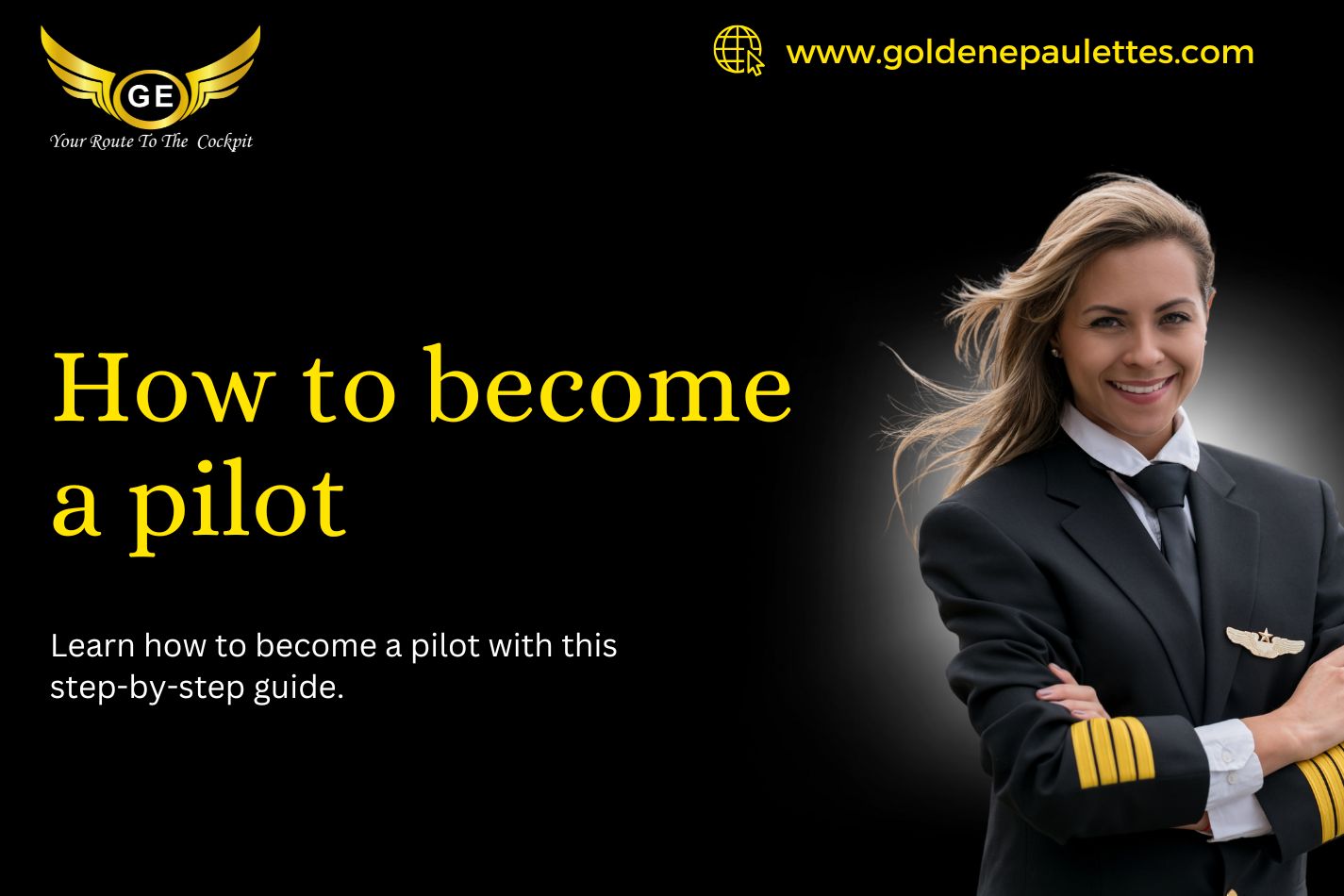How to Prepare for Your First Airline Job Interview
If you’ve completed your pilot training and are now ready to take the big leap into the aviation industry, you may be wondering how to prepare for your first airline job interview. Whether you dream of flying for a commercial airline or a private charter, acing your interview is crucial. This guide will walk you through the process and provide tips to help you confidently approach your first airline interview.
Understanding the Basics of How to Become a Pilot
Before diving into the interview preparation, let’s briefly discuss the fundamentals of how to become a pilot. Becoming a pilot involves various steps, including obtaining a Private Pilot License (PPL), building flight hours, achieving a Commercial Pilot License (CPL), and possibly obtaining an Airline Transport Pilot (ATP) certification, depending on the requirements of your desired airline.
Each stage of training involves rigorous preparation, study, and practical assessments. Additionally, passing medical examinations and background checks is mandatory. After completing your training, the final challenge is securing a job through a successful interview process.
Researching the Airline
Before attending any interview, it’s essential to thoroughly research the airline you are applying to. Learn about the company’s history, mission, fleet, destinations, safety record, training programs, and any recent news or developments. This information can help you tailor your responses to align with the airline’s values and demonstrate your genuine interest in working for them.
Tips for Researching Airlines
- Visit the airline’s official website to gather information about their services, fleet, and future goals.
- Read industry news and publications to stay updated on any changes within the company.
- Network with pilots already working for the airline to get insider knowledge.
Preparing Your Application and Resume
When applying for a pilot position, your resume and application must be flawless. Highlight your training, certifications, flight hours, licenses, ratings, and relevant skills. Make sure your resume is concise, professional, and free of errors.
Key Components of a Pilot’s Resume
- Personal Information (Name, Address, Contact Information)
- Summary or Objective Statement
- Certifications and Licenses (PPL, CPL, ATPL, etc.)
- Flight Hours and Training Details
- Relevant Skills (Communication, Problem-Solving, Decision-Making)
- Work Experience (If Any)
- Educational Background
Practicing Interview Questions
Airline interviews often consist of both technical and behavioral questions. Technical questions focus on your aviation knowledge, while behavioral questions aim to understand your character, decision-making abilities, and how you handle challenging situations.
Common Technical Questions
- Explain how an aircraft engine works.
- What is the procedure for an engine failure during takeoff?
- How do you calculate fuel requirements for a long flight?
Common Behavioral Questions
- Describe a time when you had to make a difficult decision under pressure.
- How do you handle conflicts with colleagues?
- Why do you want to work for our airline?
Practicing these questions in advance can significantly boost your confidence. Mock interviews with fellow pilots or mentors can also be helpful.
Demonstrating Professionalism and Confidence
Your appearance, demeanor, and communication skills matter just as much as your technical knowledge. Dress professionally, arrive on time, and maintain a calm and composed attitude throughout the interview.
Tips for Making a Positive Impression
- Maintain eye contact and speak clearly.
- Listen carefully before responding to questions.
- Show enthusiasm and a genuine passion for aviation.
Showcasing Your Flight Training Experience
During the interview, you’ll have opportunities to discuss your journey of how to become a pilot. Share specific experiences from your training that highlight your skills and dedication. Mention the challenges you faced and how you overcame them, especially when it comes to building flight hours and passing certification exams.
Discussing Salary and Benefits
Be prepared to discuss salary expectations. Research the typical pay range for entry-level pilots in India and tailor your expectations accordingly. Additionally, inquire about benefits, training opportunities, and career growth within the airline.
Following Up After the Interview
Always follow up with a thank-you email expressing your appreciation for the opportunity. Reiterate your enthusiasm for the position and your eagerness to contribute to the airline’s success.
Conclusion
Preparing for your first airline job interview can be a nerve-wracking experience. However, with proper research, preparation, and a clear understanding of how to become a pilot, you can make a positive impression and increase your chances of landing your dream job. Remember to highlight your training, professionalism, and passion for aviation. Best of luck on your journey to becoming a successful pilot!









